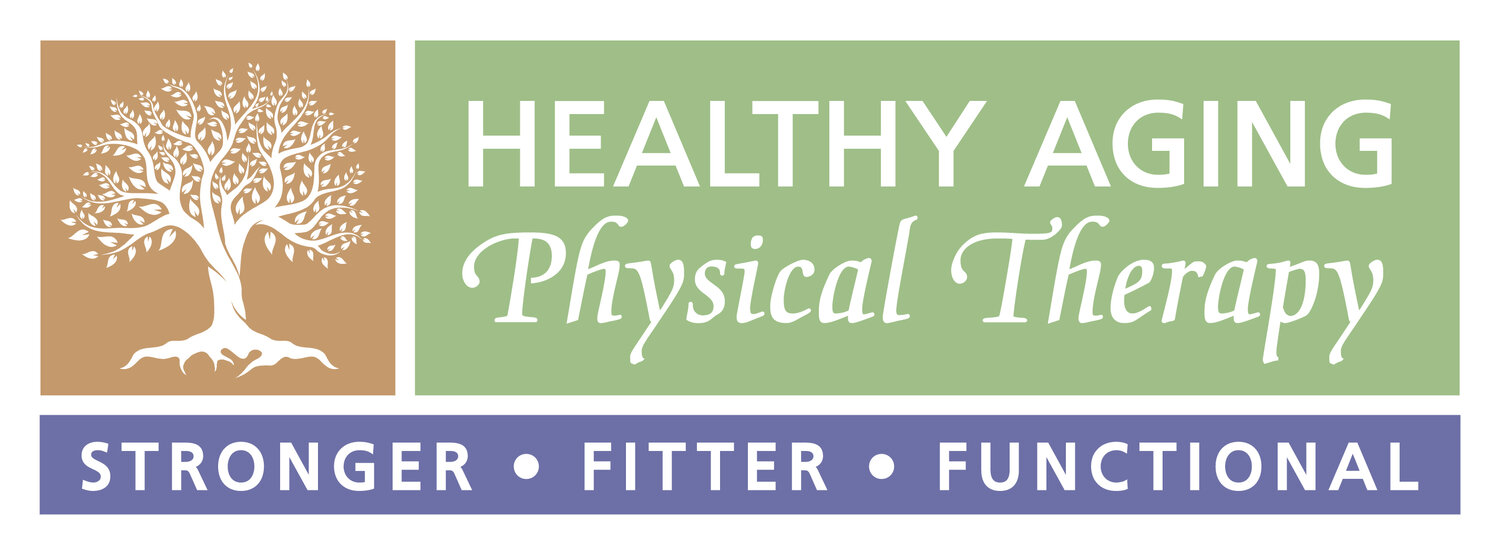Medicare Part B and Coverage for Therapy Services
At Healthy Aging Physical Therapy, we are committed to providing high-quality care that aligns with Medicare guidelines for medical necessity and skilled therapy. Below is important information to help you understand how therapy is covered under Medicare Part B, the difference between Restorative and Maintenance Therapy, and what to expect if skilled therapy is not deemed medically necessary.
Medicare-Covered Skilled Therapy: Restorative vs. Maintenance Therapy
Under Medicare guidelines, to be covered by Medicare Part B, therapy must be medically necessary and require skilled intervention. Patients who qualify for Medicare-covered therapy will fall into one of two categories:
1) Restorative Therapy
✔️ The patient has experienced a recent, measurable decline in function due to an injury, illness, surgery, or other medical event.
✔️ Therapy is expected to restore function to a prior or improved level within a reasonable timeframe (e.g., 6-8 weeks).
✔️ Example: A patient who was previously independent in walking but now requires assistance after a hip fracture or hospitalization.
2) Maintenance Therapy
✔️ The patient has a progressive or complex condition where skilled therapy is necessary to prevent further deterioration, reduce complications, and maintain function.
✔️ The patient’s condition must be unstable, complex, and progressive to qualify under Maintenance Therapy.
✔️ Visits may be provided monthly if the patient can perform their Maintenance Program independently or with assistance from a caregiver or family member and only requires therapy oversight.
✔️ Visits may be provided weekly if the patient requires a skilled therapist to safely and effectively complete their program.
✔️ Example: A patient with Parkinson’s Disease or Multiple Sclerosis receiving skilled interventions to manage mobility, balance, and prevent decline.
Understanding Skilled vs. Non-Skilled Therapy
Medicare requires that therapy be skilled, meaning it must be provided by a licensed physical or occupational therapist using specialized techniques and clinical decision-making that cannot be performed safely or effectively by a non-skilled provider, caregiver, or exercise instructor.
✅ Skilled Therapy (Covered by Medicare) Includes:
Specialized clinical assessment and treatment based on a patient's medical condition and functional impairments.
Neuromuscular re-education for patients with balance deficits, post-stroke impairments, or neurological conditions.
Manual therapy techniques such as joint mobilizations, soft tissue techniques, and guided movement re-education.
Therapeutic exercise with skilled progression and modifications to prevent injury or complications.
Fall risk assessment and training that requires professional judgment and advanced clinical techniques.
Gait and mobility training with skilled cueing and handling to address neurological or musculoskeletal deficits.
Care plan modifications based on ongoing clinical evaluation to ensure therapy remains effective and appropriate.
❌ Non-Skilled Services (NOT Covered by Medicare) Include:
General movement, stretching, or exercise that does not require the skill of a licensed therapist.
Passive range of motion or mobility work that can be safely performed by a caregiver or exercise instructor.
Supervision of a general exercise program without skilled clinical adjustments or modifications.
Assistance with walking or transfers that does not require skilled cueing, facilitation, or re-education.
General strength or endurance training without the need for therapist-led modifications based on medical necessity.
Any treatment that becomes repetitive and non-skilled and no longer requires the skills of a therapist to perform.
Care for transient conditions that can be reasonably expected to improve on their own ie. someone in the hospital for a week with a virus who may be fatigued and deconditioned from the period bedrest.
How Do We Decide When Services Can Be Covered by Medicare?
Please note: It is the role of the evaluating therapist to determine if the patient qualifies for Restorative Therapy or Maintenance Therapy—and to determine the most appropriate frequency and duration for care. These decisions are based on Local Coverage Determinations (LCDs) issued by Medicare. While these guidelines are detailed and nuanced, our therapists are trained to interpret and apply them to ensure fair and equitable care for every patient. These LCDs are publicly available, and you can view them here: https://www.cms.gov/medicare-coverage-database/view/lcd.aspx?LCDId=33631
Each time we receive a referral from an MD, we will always assess for medical necessity but may or may not be able to resume therapy depending on whether the patient meets Medicare's conditions for medical necessity and skilled care as outlined above. While we always strive to provide the most care possible to each patient, we must follow Medicare's guidelines to remain compliant and bill appropriately for our services. Improper billing poses financial risks for our practice and, in extreme cases, could be considered Medicare fraud. While Medicare will generally approve claims at the time of submission, they may recoup payments in future audits if they determine that services did not meet medical necessity or that non-skilled care was billed as skilled therapy. Failing to comply with Medicare's policies could jeopardize our ability to continue providing care to our patients.
What If Therapy is Not Medically Necessary?
If our evaluation determines that skilled therapy is not medically necessary under Medicare, we offer private therapy and personal care options through our Wellness365 program. We developed these services to provide long-term support when Medicare-covered care is no longer an option. These services are private pay but may be eligible for payment through HSA, FSA accounts, or long-term care insurance (if applicable).
🔹 Wellness Services (Private Pay, Not Covered by Medicare)
Tier 1: Therapy-led sessions with a licensed PT, OT, or PTA ($150 per Hour).
Tier 2: Sessions provided by a Certified Personal Trainer ($75 per Hour).
Patients may elect to pay for ongoing sessions under Tier 1, Tier 2, or a combination of both. If their needs change, we will reassess for medical necessity, and many patients transition between insurance-covered care and wellness services as needed. You can learn more about. and register for, our Wellness365 program HERE..

